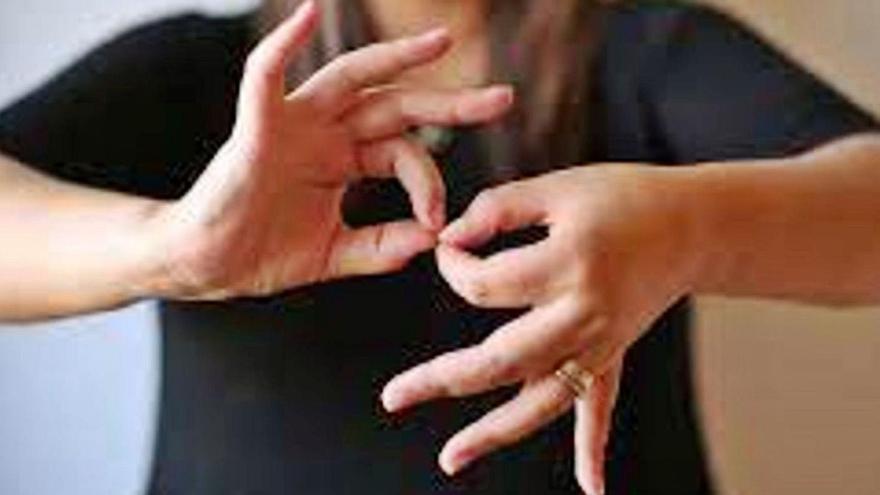
The Council promotes the use of inclusive language through a campaign on social networks. The Minister for Citizen Participation and Diversity, Nauzet Gugliotta, explains that it is necessary to “reflect diversity in language because it contributes to ending prejudice, making minorities visible, promoting coexistence and respect, as well as building a society more just and egalitarian ”
The Cabildo has launched this initiative aimed at an increasingly plural and diverse Tenerife society. Through a series of publications that combine images and explanatory texts, the performance disseminates, throughout August, recommendations to use language in a non-discriminatory way.
Gugliotta values: “From the Cabildo we want to contribute to banishing ethnic, cultural, gender stereotypes and those related to sexual identity, disability, mental health or even with the elderly.” The counselor underlines: “And what better way than through social networks to get this message to the maximum number of people and a diverse population.”
Gugliotta points out that «the campaign, for which the suggestions and contributions of entities and associations have been taken into account, starts from the premise that reflecting diversity in language also helps to break down prejudices, to make minorities visible, to promote coexistence and respect, as well as to build a more just and egalitarian society.
Some examples address seemingly simple questions, such as why it is inappropriate to use the words grandfather or grandmother as a synonym for older person; referring to someone with a disability as handicapped or disabled, as well as highlighting the marital status when speaking of a single mother in a society in which different types of family units coexist.
Other informative messages have to do with issues such as mental health and the need to normalize an event that affects a large number of the population and on which prejudices and stigmas must disappear.
Sign language
Within the inclusive language that of signs occupies a prominent place. Recently, within the framework of the Adeje Summer University courses, it has been proposed that it should be included in the curricular content of teaching
María del Carmen Rodríguez, Doctor and Professor of the Department of Didactics and Educational Research of the Faculty of Education of the ULL, together with Beatriz Miranda Olivera, Speech therapist and Director of the Sorha and Communication and Language Center, as well as sign language interpreter, developed within this framework, the practical workshop on Spanish Sign Language (LSE).
Both experts agreed that the LSE, approved since October 23, 2007, is the official language of the deaf community; that is, it is the vehicle they have to communicate. They calculate that in the Canary Islands there are approximately 20,000 deaf people. Therefore, from an educational point of view, sign language “should be included in the curricular content as one more elective in teaching.”















